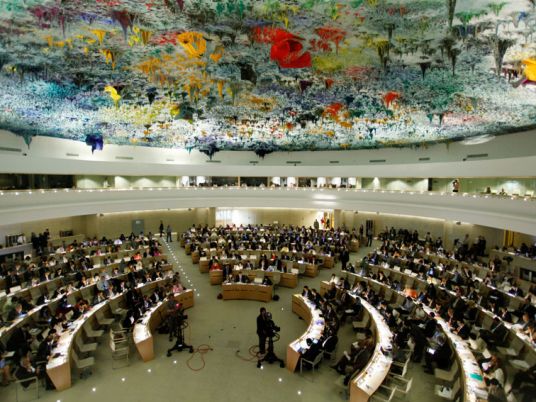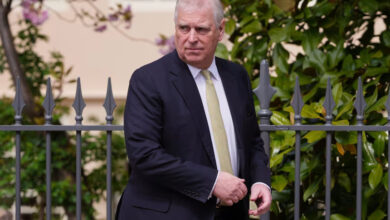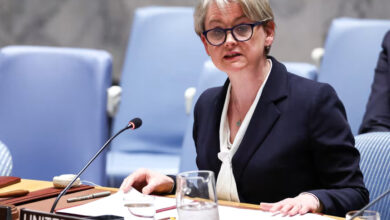
Representatives of several European nations have slammed Egypt's track record on human rights, delivering harshly critical speeches at the 33rd session of the UN Human Rights Council (HRC) at Geneva on Monday.
The HRC meeting, which runs from 13 to 30 September is intended to review human rights situations in a number of countries, and Egypt is among several receiving special attention this time around.
The situation of Egypt's human rights was discussed during general debate on human rights situations that require the Council’s attention, during which speakers for France, Germany, the United Kingdom, Denmark and the European Union raised allegations of human rights violations in Egypt.
The speaker for France was concerned about restrictions on civil society and the work of rights activists. The speaker for the European Union expressed serious concern about the arrest of journalists, activists, protesters and human rights defenders and the pressure on civil society in Egypt, as well as reports of torture, enforced disappearances, mass trials and death sentences.
The speaker for the EU called on the Egyptian authorities to continue their efforts to shed light on the circumstances leading to the death of the Italian student Giulio Regeni. The same was said of the French national Eric Lang, who also died in Egypt.
He stressed that EU is fully aware of the serious challenges posed by the terrorist threat to Egypt's stability and security, in particular the impact of terrorism on the Egyptian people. However, he stressed the need for fighting terrorism with full respect to international standards of human rights and the fundamental freedoms, as stipulated also in the Egyptian Constitution.
He said that ensuring economic, social and cultural rights is necessary in order to achieve stability, prosperity and security.
He added that the EU stands ready to assist Egypt in achieving these goals, while also taking into account Egypt's pivotal role in regional security.
Germany's speaker also expressed deep concern about the human rights situation in Egypt, saying that the ongoing repression of civil society in Egypt could undermine stability, adding that enforced disappearances, torture and the handing down of death sentences are of particular concern.
He said that Egypt's fight against terrorism must respect the rule of law, and its international commitments to human rights.
The United Kingdom expressed concern about the deteriorating situation in Egypt, especially enforced disappearances.
He called on the Egyptian government to release political prisoners and end the use of detention beyond the legal limits, while lifting restrictions placed on civil society. He also urged the government to allow NGOs to operate freely, as guaranteed by the Egyptian constitution.
Denmark as well urged Egypt to respect fundamental rights, including the right to a fair trial.
The United States expressed support for Egypt’s fight against terrorism and stressed that the long-term stability of the country would benefit from allowing political dissent.
However, Egypt's speaker objected to what it called selective, politicized use of the Council’s agenda, which drew attention to situations that had already been rectified.
Mohamed Shaker, Chairman of the Egyptian Council for Foreign Affairs, advised the Foreign Ministry to prepare a strong response to counter these allegations and demonstrate the facts to the whole world.
He said that reports from the West had been biased against Egypt in the last three years, since the revolution of June 30, adding that failure to respond forcefully to these accusations would confirm their validity in the eyes of the West.




